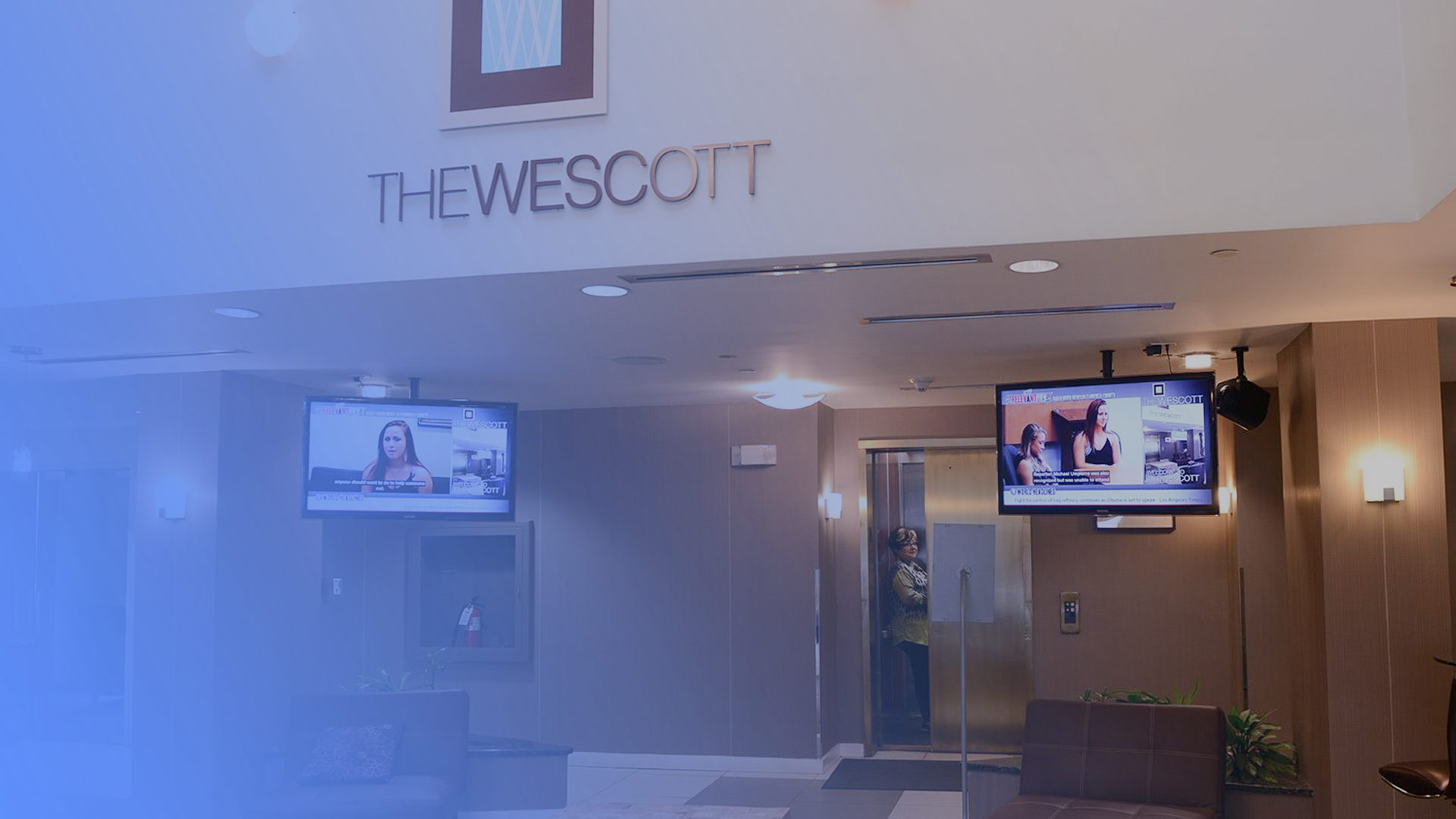Within the current online world, securing web data is more important than ever before, especially in Multi-Dwelling Buildings (MDUs) like flat buildings and condo environments. Such settings often have numerous residents utilizing the identical internet service, which can lead to potential safety risks. To guarantee that residents' confidentiality and information integrity are maintained, it is vital to adopt strong encryption standards. Encryption is a technique that scrambles information, rendering it inaccessible to anyone who do not have the correct key to decrypt it. This process aids maintain personal data safe from cybercriminals and unauthorized access.
One of the most commonly used encryption protocols is SSL Socket Layer (SSL) and its successor, TLS Security (TLS). Such standards create a protected link between a user’s device and the web, ensuring that all data transferred remains confidential. When residents in an MDU access websites that utilize SSL/TLS, their personal information, including login credentials and credit card numbers, is encrypted. This implies that although if someone tries to capture the information, they would only see a mess of letters and digits, rendering it almost impossible to understand. By encouraging the use of such standards, MDUs can greatly enhance the security of their residents' internet activities.
A further important coding method is VPN Secure Network (VPN) solutions. A VPN creates a protected pathway for internet traffic, which protects users from invasive eyes, particularly when accessing shared Wi-Fi networks. In an MDU, where many residents may connect to the identical service, employing a VPN can help guarantee that individual web activities stay confidential. This is particularly crucial for activities including online transactions or accessing sensitive data. By promoting the adoption of VPNs among tenants, MDUs can cultivate a more secure internet environment and help safeguard against data leaks.

In addition to these encryption techniques, it is vital for MDUs to educate their residents about the importance of online security. Numerous individuals may not be conscious of the risks linked with using shared internet services. Offering information on how to identify phishing efforts, the necessity of robust passwords, and the benefits of employing secure sites can enable residents to assume charge of their online security. Workshops or informational sessions can be beneficial ways to increase awareness and encourage optimal habits for internet security.
Ultimately, MDUs should think about working with internet service providers (ISPs) that prioritize security and offer enhanced coding options. By partnering with ISPs that utilize robust coding protocols, MDUs can guarantee that their residents have access to protected web services. This see this website collaboration can result to improved general safety for the entire complex, as well as enhanced trust among residents. By implementing these steps, MDUs can establish a more secure internet environment, safeguarding resident confidentiality and data security in an ever more connected environment.
Comments on “Protecting MDU Internet Data Flow Through Strong Encryption Standards to Safeguard End-User Privacy as well as Data Integrity”